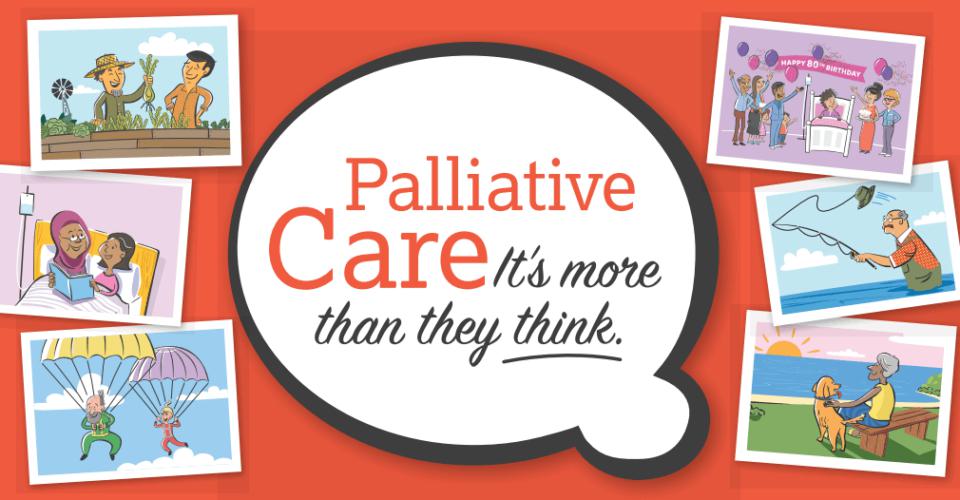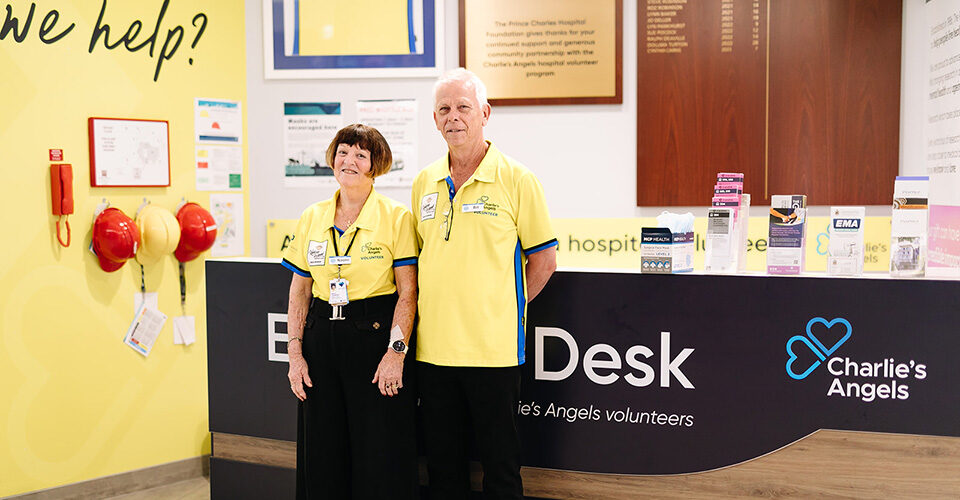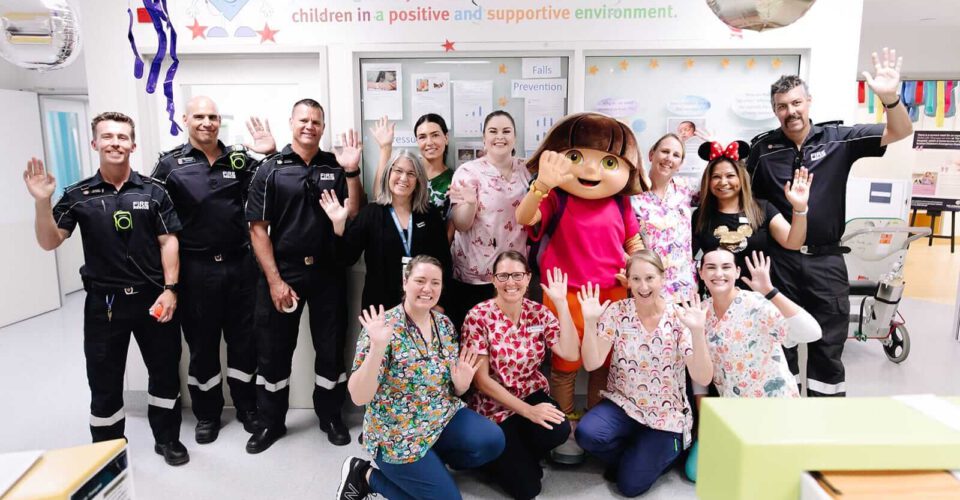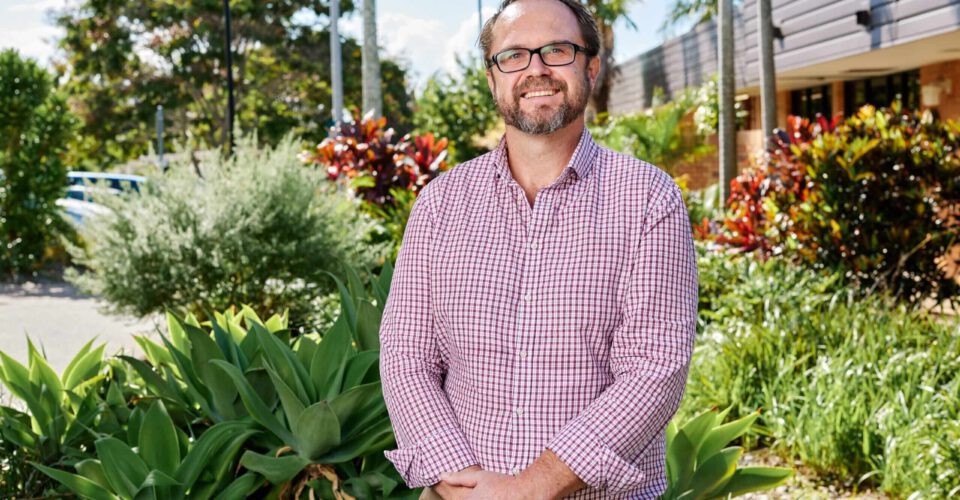According to the World Health Organisation, palliative care aims to “prevent and relieve health-related suffering” for those with life-limiting illnesses. The approach to care is comprehensive and person-centred to address physical, psychological, social and spiritual suffering. Despite the intentions of this care approach, including managing symptoms and improving the quality of life, palliative care is commonly associated solely with end-of-life care.
“The emphasis of a palliative care approach is on maximising quality of life through assessing and treating symptoms, psychosocial problems, and spiritual issues. However, we know that lots of people aren’t benefiting from it and a major reason is late referral,” said A/Prof Stuart Ekberg.
“There are many reasons why people should come to palliative care sooner rather than later. However, as the general public equates it with care provided immediately before death, this is a massive challenge for us.”
To address this problem and broaden understanding at the patient level, Palliative Care Australia (PCA) released resources called Palliative Care: It’s more than you think. However, a group of specialists believed better support could also be provided for clinicians who are caring for patients with life-limiting illnesses.
Their research involved video recording up to the first three outpatient consultations to determine if this common patient perception was present. It also analysed how those clinicians inform patients about the benefits of transitioning from solely disease-focused care to both disease-focused care and palliative care earlier.
“Clinicians were explaining what palliative care was to ensure that patients understood that just because we are escalating your palliative care doesn’t mean we necessarily think you’re going to die; it means we think there are things we can do to improve your quality of life,” said A/Prof Stuart Ekberg.
“We noticed patients benefit from having that broader understanding of palliative care explained to them, so the patient isn’t left with the anxiety and uncertainty of wondering if they’re being referred because they’re about to die.”
To help clinicians with that messaging during the referral process, the specialists collaborated with Palliative Care Australia, Queensland University of Technology, Queensland Health and The Prince Charles Hospital Foundation to adapt the Palliative Care: It’s more than you think resources to produce supplementary materials targeted to clinicians and called them Palliative Care: It’s more than they think.

“We wanted to help clinicians at the coalface of treating advanced progressive diseases to understand the range of explanations they could give to patients and their families about palliative care when referring them,” said A/Prof Stuart Ekberg.
“As a foundation, it is our goal to enable people to live healthier for longer, and we are so proud to support the generation of knowledge translation resources that may help healthcare workers better understand palliative care and how it could help their patients earlier in their care journey,” said Dr Megan Grace, Research Manager, The Prince Charles Hospital Foundation.
The advice and information contained in the materials is relevant to health professionals across Australia and they are available to download for free at the Palliative Care Australia Website.
The materials were also customised to TPCH, in collaboration with the thoracic department. This helps the hospital’s clinicians to refer patients to the TPCH palliative care service and other services within the local community.









